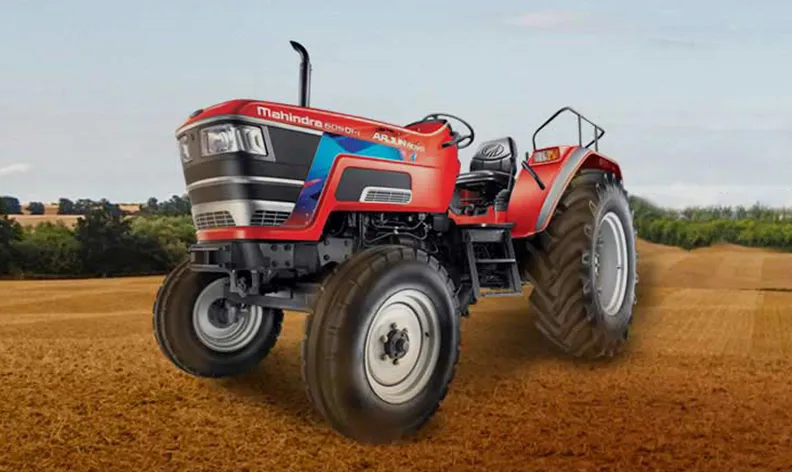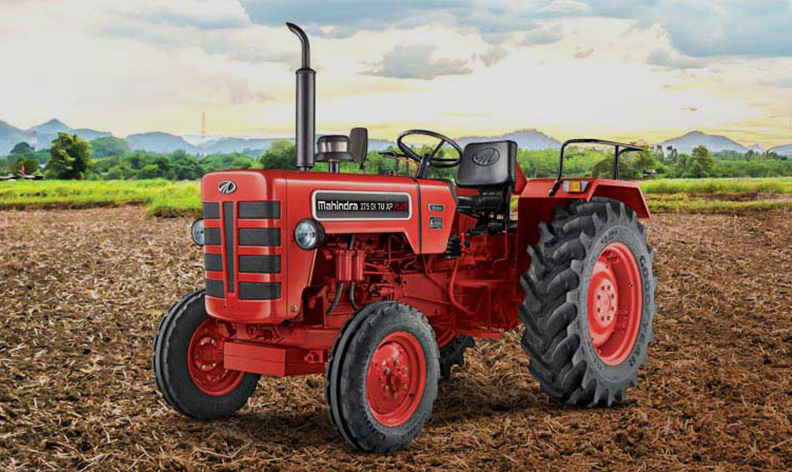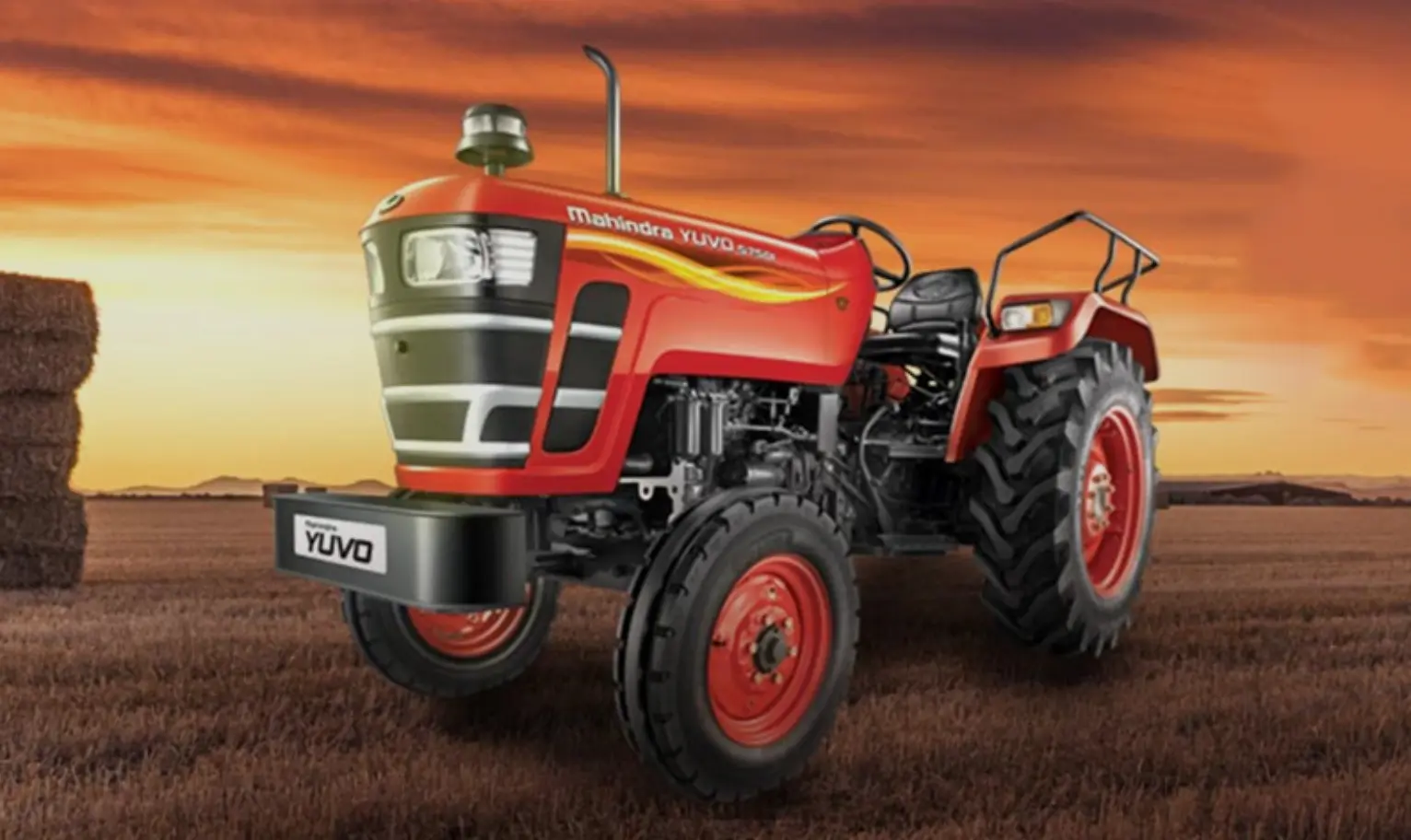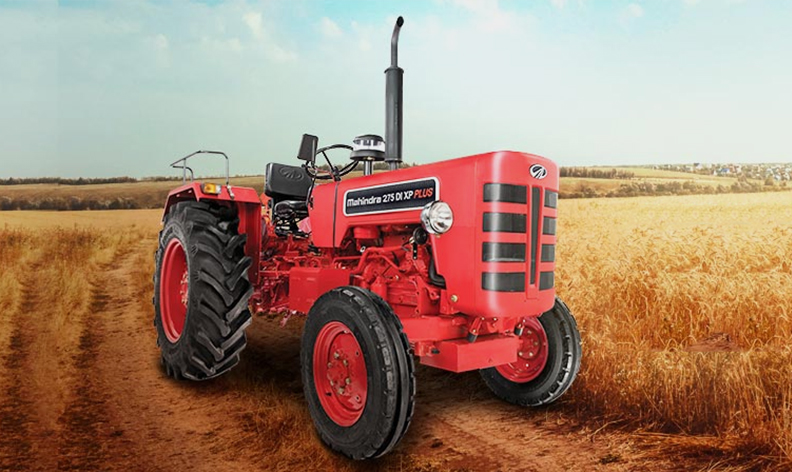8 Essential Things to Consider When Buying a Tractor

Purchasing a tractor is a significant investment for any farmer or landowner and choosing the right one can have a lasting impact on your productivity and efficiency. With so many options available, it’s crucial to carefully evaluate your needs and the features of different models. Here are eight essential things to consider when buying a tractor.
1. Purpose and Tasks
Before diving into the specifics, clarify the primary tasks which you need your tractor to perform. Is it going to be used for ploughing, planting, mowing, or hauling? Understanding your farming needs will help you determine the specifications required for optimal performance. Ask questions like:
- What is the size of your farm?
- What types of crops or livestock are you working with?
- Will you need the tractor for heavy-duty tasks or lighter jobs?
2. Horsepower (HP)
Horsepower helps determine the tractor’s ability to perform various tasks. More horsepower typically means greater power and capability, but it should be matched to your specific requirements. Select a tractor with enough horsepower to ensure that it can best handle the tasks you plan to use it for. Make sure that your new tractor comes with a robust engine.
Here are the general guidelines for selecting power of your tractor:
- For small farms (Area: 1-10 acres): 20-30 HP may suffice.
- For medium farms (Area: 10-50 acres): Opt for 30-70 HP.
- For large farms (Area: 50+ acres): Consider 70 HP and above for demanding tasks.
3. Size and manoeuvrability
The size of your tractor should align with the layout of your farm. If you have narrow rows or confined spaces, a compact tractor may be the best choice.
Tips for selecting the right size and manoeuvrability:
- Compact Tractors: Great for small farms and tight areas.
- Standard and Utility Tractors: More suitable for open fields and versatile tasks.
4. Fuel Efficiency
Fuel costs can significantly affect your operating budget. Look for tractors known for their fuel efficiency, especially if you plan on using it for long hours.
Considerations:
- Check the manufacturer's specifications for fuel consumption.
- Diesel engines often offer better fuel economy than gasoline engines.
5. Comfort and Ergonomics
Operating a tractor can be physically demanding, so comfort is essential. Look for features that enhance the operator's experience.
Features to look for:
- Ergonomic Seat: Comfort reduces fatigue during long hours.
- Intuitive Controls: Simplified layouts help minimize the learning curve.
- Cab Design: A well-designed cab offers protection from the elements and enhances visibility.
6. Maintenance and Reliability
Regular maintenance is crucial for the longevity of your tractor. Research models that are known for reliability and ease of maintenance.
Maintenance Tips:
- Check the availability of parts and service centres in your area.
- Look for models with straightforward maintenance schedules.
7. Budget
Setting a budget is essential to avoid overspending. Consider not just the purchase price but also additional costs like insurance, maintenance, and attachments.
Budget Considerations:
- Explore financing options if needed.
- Don’t forget to include potential costs for future upgrades or modifications.
8. After sales service
Last but not the least, one of the most important aspects is to consider the after sales service of the manufacturer. A reliable brand with a good tractor dealer support can provide peace of mind and ensure that you get all the necessary help whenever you need if you have any issues with your tractor.
Conclusion
Buying a tractor is an important decision that requires careful consideration of your unique needs and circumstances. By evaluating these eight factors—purpose, horsepower, size, fuel efficiency, attachments, comfort, maintenance, and budget—you can make a more informed choice that will enhance your farming operations. Take your time, do your research, and you’ll find the perfect tractor to meet your needs for years to come! Happy farming!











